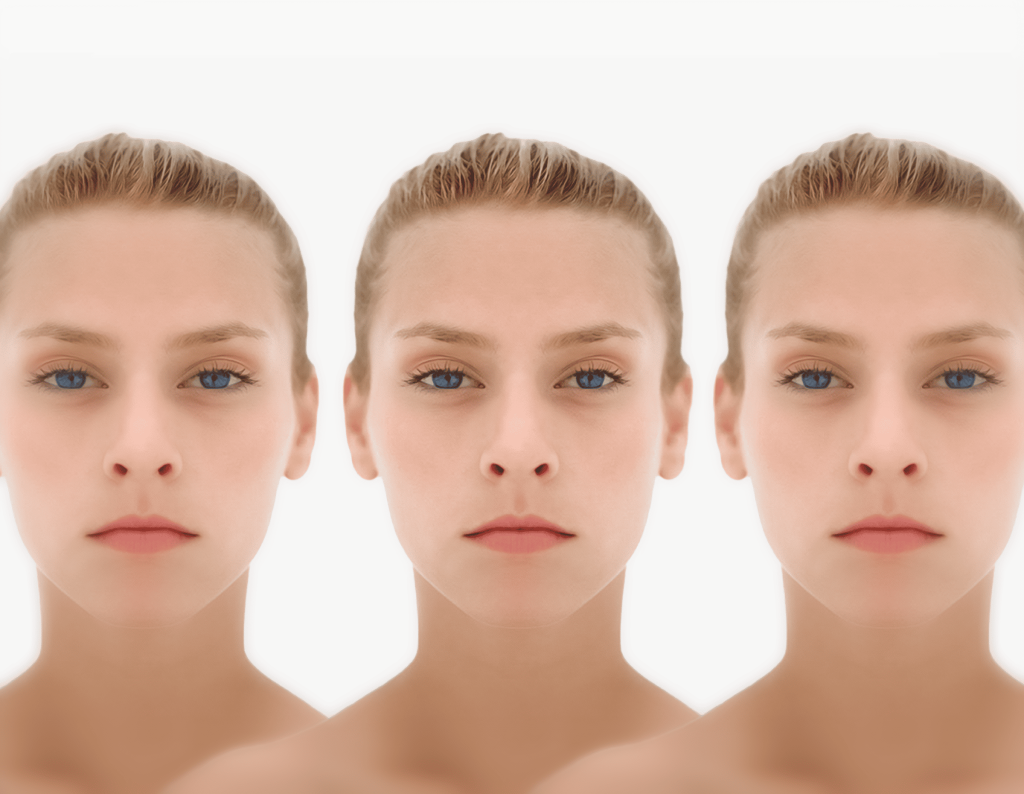Cloning a mammal – creating a genetic copy of an existing organism – is no longer science fiction. In 2018, the first viable cloned monkeys were born, demonstrating a proof of concept: biologically, there may be no absolute barrier to cloning a human: take an egg cell, remove its nucleus, insert the nucleus from an adult donor cell, stimulate it to develop into an embryo, and implant it into a surrogate mother.
But why hasn’t anyone truly tried to clone humans? Are there any good reasons to clone a person in the first place? The answers lie in a mix of scientific reality, ethical reservations, and a simple lack of compelling motivation.
Human cloning is technically conceivable but far from prudent. It remains highly inefficient and risky in animals – the vast majority of cloned embryos fail to develop to term, and many that do survive birth encounter serious health problems [2]. Clones tend to misfire biologically: born with immune deficiencies or rapid aging. A major reason is that reprogramming an adult cell’s DNA to an embryonic state is imperfect, cloning often fails to erase all the epigenetic marks (chemical modifications of DNA and proteins) from the adult cell. Tweaking the procedure can improve success – treating cloned embryos with molecules that relax DNA or inject factors that remove epigenetic tags has significantly boosted embryo survival in mice, pigs, and even monkeys [2]. Yet even with breakthroughs, cloning remains a game of very poor odds. In the successful monkey experiment, only 2 out of 79 embryos implanted led to live births (2.5% success rate) [3].
Proposed uses for humans — helping infertile individuals have genetically related children, “replacing” a deceased loved one, or harvesting organs—are unconvincing both ethically and scientifically. Safer and more socially accepted alternatives like in vitro gametogenesis already exist, making cloning an unnecessary option. ‘Recreating’ a lost child raises concerns, and clone is not a resurrection but an identical twin. Cloning geniuses or oneself ventures into unethical territory of eugenics or narcissism, and offers no guarantee of duplicating talents. Clones for organs? Even disregarding horrific ethical issues, other technical alternatives are more feasible, like induced pluripotent stem cells (iPSC) – reprogramming adult cells into embryonic-like stem cells in a dish. iPSC technology can create patient-specific cells for therapy without creating embryos.
The idea of cloning captivated imaginations in the early 21st century, but today, the societal appetite for human cloning has cooled considerably and research efforts have largely shifted to other avenues. When stacked against the high-impact promise of AI, robotics, or gene therapy, cloning feels like a solution still searching for a problem.


